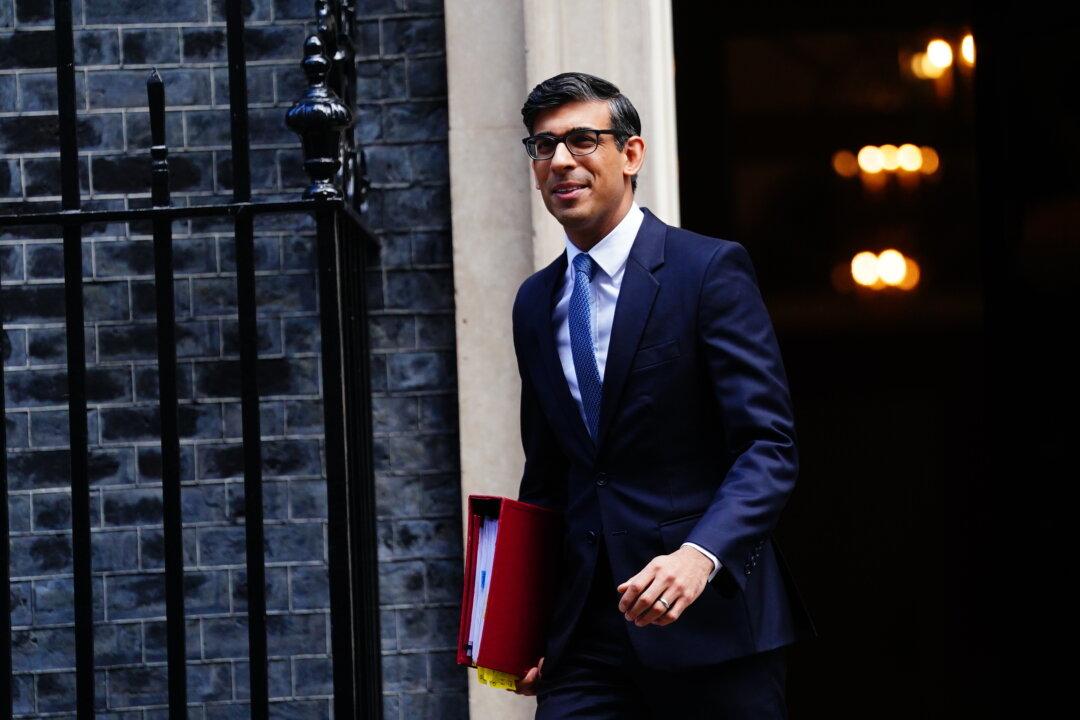Rules will be changed to make it easier to evict disruptive tenants and ban organised or harmful begging, the UK government announced on Monday as part of its crackdown on anti-social behaviour.
Police in England and Wales will be given power to do more drug tests. Laughing gas will also be banned to “put an end to intimidating groups of young people littering local parks with empty cannisters.”





